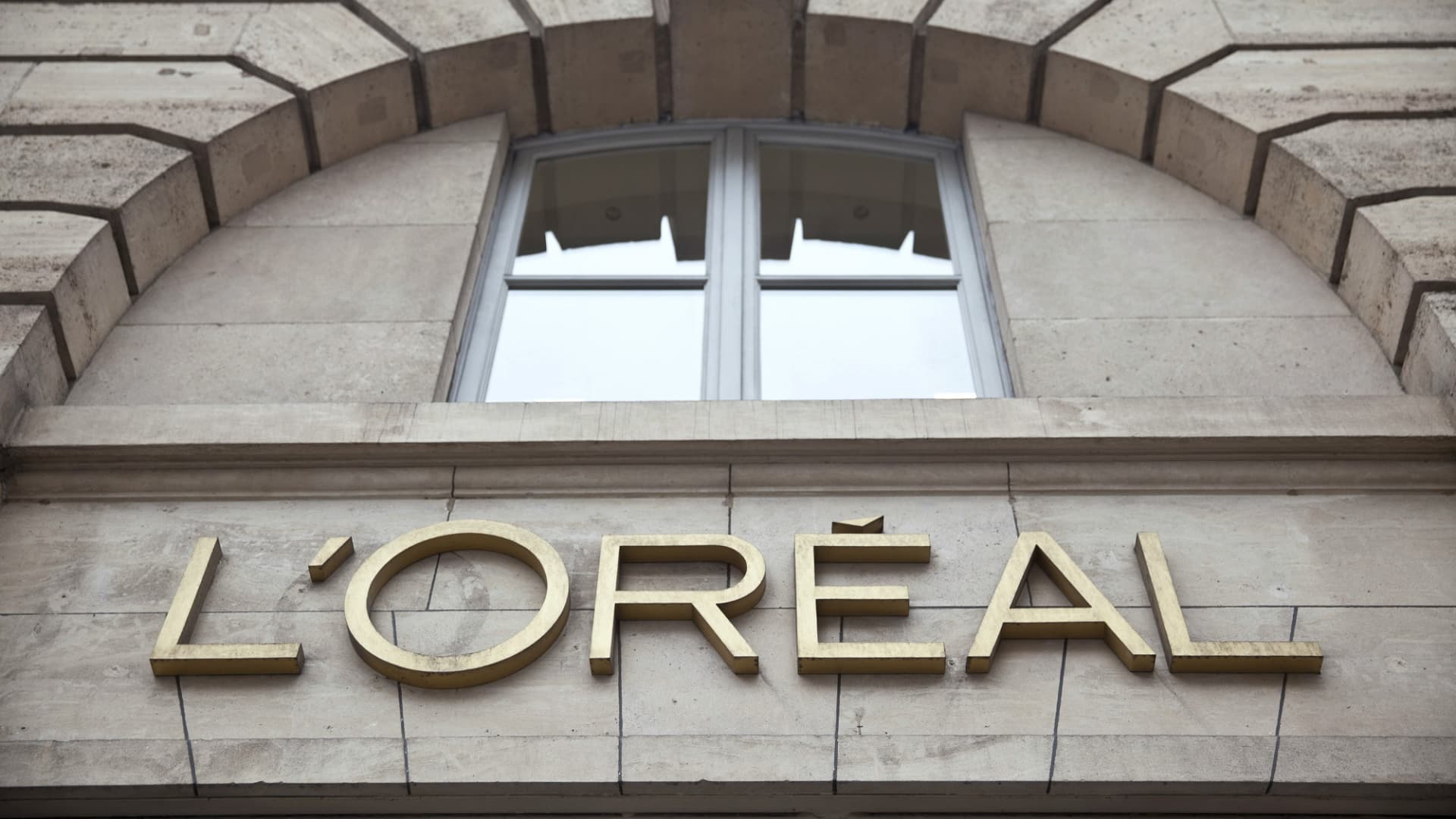Historical steps for the future of the Middle East
The first is the adoption of Resolution 1546 by the U.N. Security Council, which heralded a newly reached consensus between the two pillars of the transatlantic alliance and the major global powers concerning Iraq. The second is the declaration of the G-8 Summit on the push for democracy in the "Broader Middle East and North Africa".
Both are seen as restricting the unilateralist foreign policy of the George W. Bush U.S. administration and thus a victory for its critics, since the U.S. made significant concessions in order to pass their own draft to get a U.N. Security Council Resolution on Iraq, and to have a G-8 endorsement for a blueprint on the "democracy project" for the [now in diluted form] Broader Middle East region.
For some, exactly the opposite assessment is valid; that both constitute a victory for U.S. diplomacy, since, notwithstanding doubts about his handling of Iraq, President Bush proved that he could set the agenda on a world scale, despite the reluctance of some key Europeans and Arabs, by pushing for the adoption of a plan to promote democracy in the Middle East.
While it may sound paradoxical, both assessments are true. However, there is no doubt that the two "historical documents" are the products of a distinct shift in the Bush administration’s tone and attitude. As German Chancellor Gerhard Schoeder pointed out, "There has been a remarkable change in U.S. foreign policy." Even French President Jacques Chirac, who has had a confrontational attitude vis-a-vis Bush’s administation, praised U.S. diplomats for the "great openness of mind" they displayed regarding the U.N. Security Council Resolution on Iraq and said, "I must say the Americans truly understood that they needed to play the game, and they did."
For the G-8 document on the "democracy for the Broader Middle East and North Africa," a Japanese senior official described the American contribution in the following words, "They have managed to forge a spirit of solidarity and cooperation", while a European official said, "We were split before, but not here on Sea Island."
The best description of the points reached belongs to a senior American official: "We accomodated them; they accodomated us. We had a very happy outcome. This is known as diplomacy, an art so forgotten as to be exotic and even radical."
My own assessment tilts more toward the success of U.S. diplomacy. After all, the situation in Iraq that sought U.N. legitimization is the outcome of an American undertaking that led to the removal of a tyrannical regime in Iraq, thus opening the vistas for the construction of democracy there and elsewhere in the Middle East. Ultimately though, it might be seen as insufficient or unrealistic. A blueprint stamped by the "G-8 approval" seal for "democratizing the Middle East" is the brainchild of this current administration. The validity of the vision of disseminating democratic regimes in the present anachronic region called the Middle East can only be measured after several decades. We can attest to the validity of the Helsinki Agreement of 1975, but only after seeing the collapse of the Berlin Wall in 1989 and the demise of the Soviet Union in 1991. Nobody could see such an outcome at the launch of the Helsinki process. By the same token to predict Germany, of strong Prussian militaristic tradition that culminated in the disaster brought by Nazism to humankind, transforming itself into a very solid democracy and one of the most pacifist nations on the globe was out of question in 1946.
Predicting Japan would transform itself into a docile economic power in the wake of the World War II would also be considered mere fantasy. Nonetheless, here we are, at the beginning of a new millenium and it is so. Therefore, a democratic Middle East, no matter how unrealistic it might appear at this juncture, could well be an uncontested reality in a few decades.
Nobody should think that the Middle East, the cradle of civilization, and monotheistic religions are not apt to change and democracy. To think as such is synonymous with the desire to preserve the status-quo in the region that produces autocratic regimes, economic backwardness, terrorism and dangerous international conflicts.
The countries of the Middle East are the former lands of the Ottoman Empire. The main inheritor of that empire, Turkey, being a functional democracy, is knocking at the doors of the European Union forcing it to be opened, and as the "democratic partner" at the G-8 summit at Sea Island, Turkey indicates the possibility of achieving a democratic Middle East in the future.
It will not take long for international public opinion to grasp the historical importance of U.N. Security Council Resolution 1546 on Iraq and the G-8 declaration; "Partnership for Progress and a Common Future with the Region of the Broader Middle East and North Africa".



